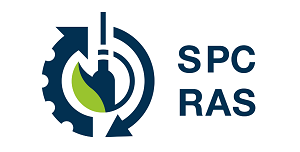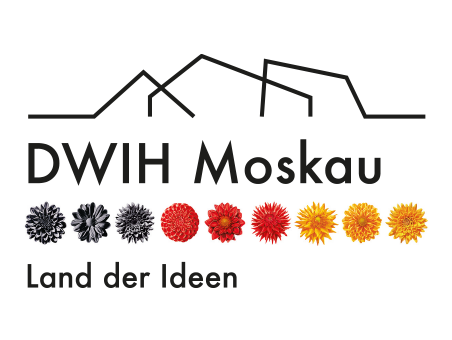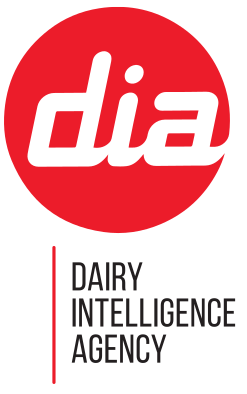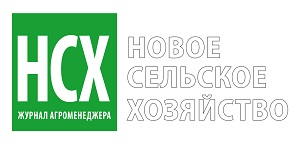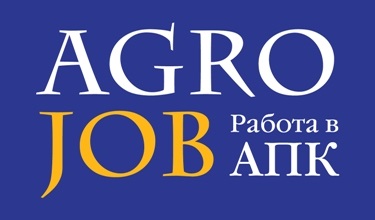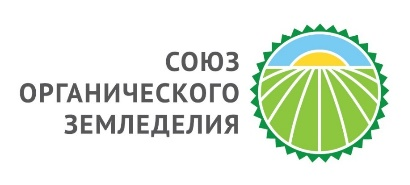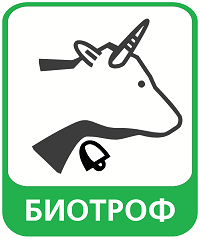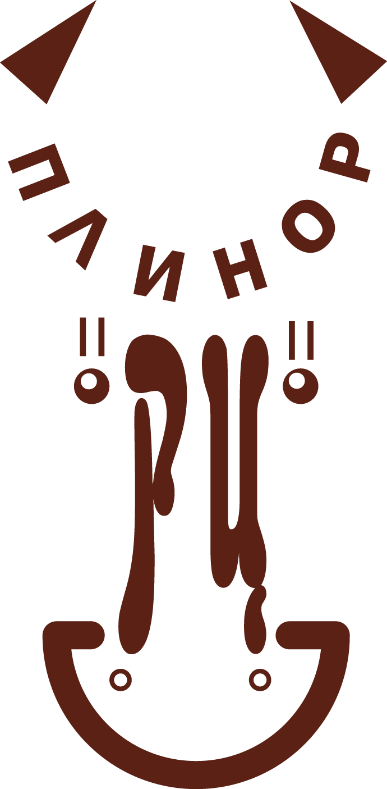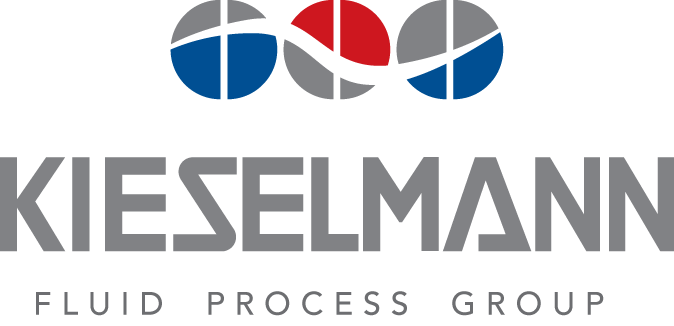Russian Agricultural Bank (RusAg) - https://www.rshb.ru/
Purpose
The aim of the conference is to consolidate interdisciplinary knowledge in the field of agriculture, biology, robotics, information technology and economics to solve urgent problems of digitalization of organic livestock and crop production based on the achievements of fundamental science and the best practices of agricultural companies.
- Ground robotic systems in crop production
- Unmanned aerial vehicles in crop production
- Aerospace monitoring tools in crop production
- Robotic animal husbandry
- Digitalization of technological processes of agricultural production
- Evaluation of the effectiveness of digital technologies for the production of organic products
- Rational nature management and ecology in agricultural production
- Technologies for the production of organic agricultural products
- Market analysis of organic agricultural products
- Legal aspects of organic production
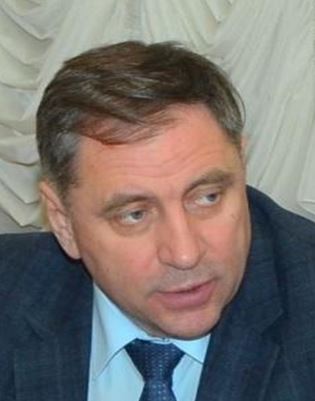
Alexander Petrikov, Head of All-Russian Institute of agrarian problems and Informatics named after A. A. Nikonov – branch of FSBSI Federal Scientific Center for Agrarian Economy and Social Development of Rural Areas VNIIESKH, Moscow, Russia.
Directions and mechanisms of innovative development of the Russian agro-industrial complex
The assessment of the level and main problems of innovative development of the agri-food sector in the context of ensuring its sustainable development is carried out. The directions and mechanisms of improving the scientific and technological policy in the agro-industrial complex in order to reduce its dependence on technology imports and the uneven innovative development of large and small businesses are considered. The proposals to develop the public and private sectors in agricultural science and a system for implementation of research results into production based on private-public partnership.
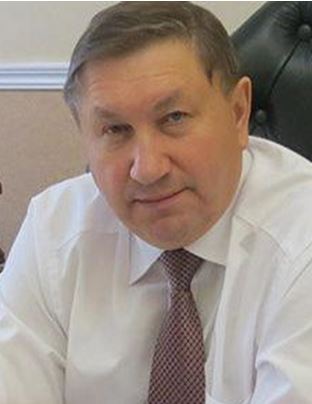
Sergey Yakhnyuk, Deputy of the State Duma of the Federal Assembly of the Russian Federation, member of the State Duma Committee on Agrarian Issues, electoral district of Kingisepp No. 112, Leningrad region, Russia.
State' place in the innovative development of agriculture in the Non-Black Earth Region of Russia
Innovation and the pace of development of agricultural sectors in the Non-Black Earth Region. Leningrad region as a region of advanced innovative development of the agricultural sector. Effectiveness of federal and regional support for investment and innovation in the agricultural sector of the region.
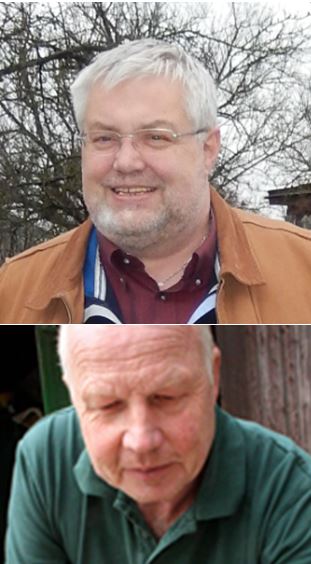
Johannes Egbert, Principal Dairy Consultant, GEA Farm Technologies RUS, Moscow, Russia.
Walter Weymann, Feeding expert; Specialist for herd management in milk production at GEA FT, Germany.
Automation and digitization has found its way into milk production
Large herds require standardized work processes for humans and animals to make work easier. Management processes are supported or enabled by modern applications (sensors).This leads to proactive management, which, through the early detection of problems, leads to a reduction in the use of medication, less time required for treatments and less milk loss. Extensive data on the whole milking process provide information about the work of the staff to standardize the processes as a basis for food safety combined with socio-economic relief.
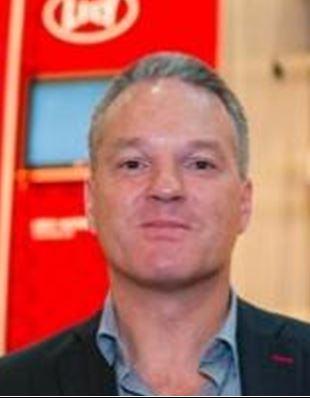
Jeroen Keijzer, General director of Lely Rus. Moscow region, Russia.
30 years of improving the robotic milking system: experience, problems, solutions
Successful implementation of dairy automation in Russia and on global scale: real milk yield increases, staff reduction, more healthy cows on farms of different sizes – large and small ones. Practical farmers experience, features of the interaction between animals and robots, maintenance, and farm management issues.
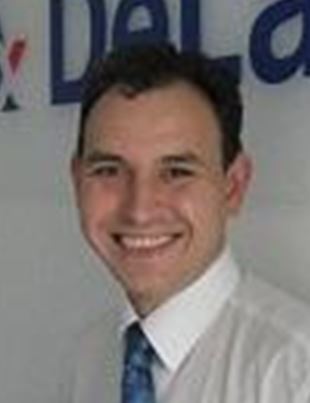
Ivan Perov, DeLaval Herd Management Specialist, Honour Ph.D Student of Faculty of Veterinary Science, Adelaide University, Australia.
Robotic Dairy Systems – Change in Management Paradigm
The introduction of robotic milking systems requires a qualitative change of the existing skills and experience in managing a dairy farm. Maximum realization of the new opportunities of building all farm routines around the needs of the cow, her comfort and behaviors in order to minimize stress from interaction with humans and equipment on the farm. Improving the quality of decisions based on daily data of each individual cow creates conditions for the implementation of a pro-active model of farm management, fundamentally change the work with the herd and, as a result, increase the productive longevity of the herd.
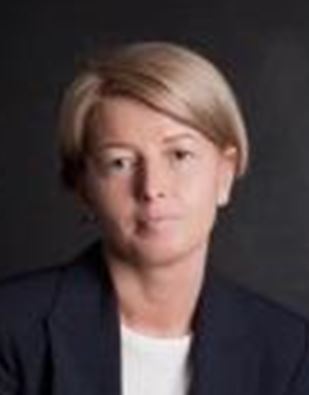
Olga Abramova, Deputy Prime Minister of the Udmurt Republic - Minister of Agriculture and Food of the Udmurt Republic, Russia.
Specifics of government support for organic production
Trends in the development of organic agriculture in the Udmurt Republic are presented. The experience and effectiveness of promotion on the domestic and world markets of organic products produced in the region are analyzed. The possibilities of using digital technologies in the production of organic products are considered. Particular attention is paid to the analysis of the effectiveness of the system of state regulation and support for the development of organic agriculture in the Udmurt Republic.
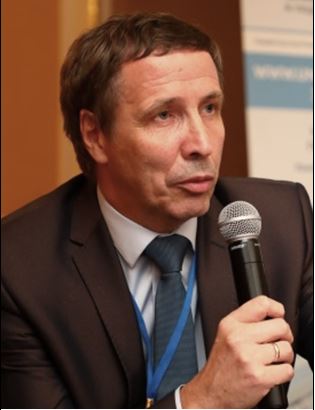
Nikolay Gryaznov, St. Petersburg State Marine Technical University, St. Petersburg, Russia.
The concept of functionally distributed agrobot control for the implementation of autonomous mode
The supervisory mode of agrobot control involves minimizing operator intervention, which requires expanding the range of permissible conditions for autonomous functioning. The division of functions between subsystems and modules makes it possible to bring the cybernetic architecture of the robot as close as possible to the model of biological objects behavior. The adoption of technical analogs of instincts, reflexes and emotions from the point of view of ensuring (technological, environmental, physical) safety can provide a transition to a new level of reliability.
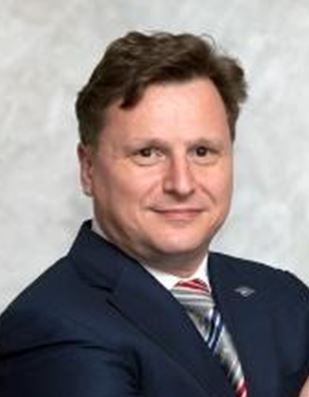
Sergey Baranov, Head of Russian office Kieselmann Fluid Process Group, Moscow, Russia.
Digitalization of deep milk processing and dairy plants management
New challenges for dairy industry. Dairy products demand structure changes. New products for new customers. Innovative solutions for deep milk processing in “future dairy products” production. The role of digital technologies in quality management improvement, international standards compliance and sustainability for dairy products quality and environmental safety of production. Import substitution and production localization for Kieselmann Group.
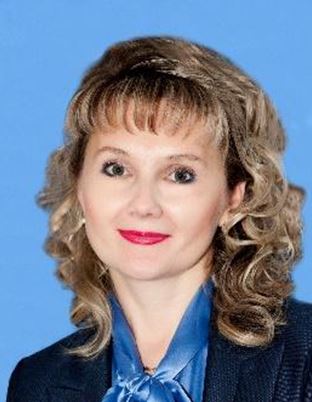
Аlfiya Kuznetsova, Deputy Director for Research, Institute for Strategic Research of the Republic of Bashkortostan, Ufa, Russia.
Innovations in agriculture of the countries of the Eurasian Economic Union
The report analyzes the dynamics of the use of organic fertilizers in the Russian Federation. Revealed a significant differentiation in the use of organic fertilizers when growing between crops. The positive influence of an increase in the volume of applied organic fertilizers on the possibilities of developing the production of organic products has been determined. Particular attention is paid to the problems of heterogeneity of investments and innovative development of the production of agricultural products, including organic ones, in the countries of the Eurasian Economic Union (EAEU). A comparative analysis of the competitive advantages of innovative development of organic agriculture in the countries of the Eurasian Economic Union is presented.
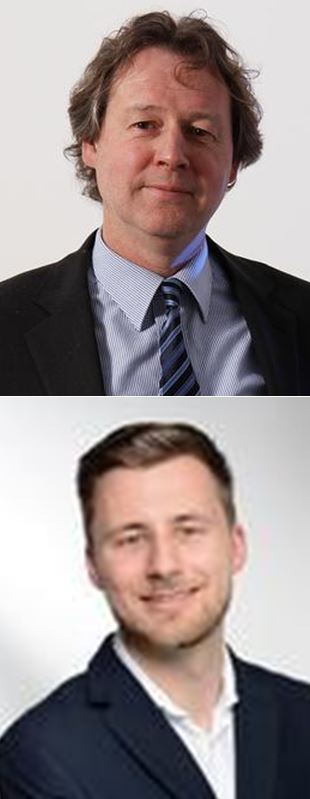
Karsten Berns and Tim Dellmann, Professors of Technische Universitaet Kaiserslautern, Kaiserslautern, Germany.
Towards a Realistic Simulation for Agricultural Robots
These days, agricultural tasks are getting more and more complex due to the increasing world population. Much research is going on in the area of mobile agricultural robots that can take over applications to accomplish the demand for higher productivity and the lack of manpower. The downside of developing autonomous systems in this very area is the fact that testing of these is strictly limited depending on the season and the application itself. Such testing and improving the robustness can be achieved by working in a simulated environment first which is as well a complex task as a model of the real world is simply impossible to create. This paper gives an overview of typical agricultural tasks and effects that need to be simulated and how to approach a suitable realism of simulation environments. Further, ways are described which steps are to be taken to optimize results.
Conference co-chairs:
- Professor Karsten Berns – TU Kaiserslautern
- Academician Alexander Kostyaev – SPC RAS
Program Committee Chair:
- Andrey Ronzhin, SPC RAS
Program Committee Members:
- Karsten Berns, Germany
- Vlado Delic, Serbia
- Joerg Doerr, Germany
- Ivan Ermolov, Russia
- Mehmet Guzey, Turkey
- Oliver Jokisch, Germany
- Ilshat Mamaev, Germany
- Francisco Mas, Spain
- Roman Meshcheryakov, Russia
- Francesco Pierri, Italy
- Mirko Rakovic, Serbia
- Noe Velazquez, Mexico
Organizing Committee Co-Chairs:
- Natalia Kashina, SPC RAS
- Anton Saveliev, SPC RAS
- Vladimir Surovtsev, SPC RAS
Organizing Committee Members:
- Marina Astapova, SPC RAS
- Polina Chernousova, SPC RAS
- Natalia Dormidontova, SPC RAS
- Dmitriy Levonevskiy, SPC RAS
- Alyona Lopotova, SPC RAS
- Anastasia Molotilova, SPC RAS
- Irina Podnozova, SPC RAS
- Irina Vatamaniuk, SPC RAS
Papers submitted to ADOP-2021 must not be under review by any other conference or publication during the review cycle, and must not be previously published or accepted for publication elsewhere. Authors are invited to submit a full paper with size of 10-12 pages formatted in the Springer style (ftp://ftp.springernature.com/cs-proceeding/llncs/word/splnproc1703.zip) using the on-line submission system (https://easychair.org/conferences/?conf=adop2021).
Participation in the conference is free. Application for participation must be submitted by May 20,
2021:
https://docs.google.com/forms/d/e/1FAIpQLSdAJcnwI3eArMNhIpW2Y_dTcuO4a7XSvXljMZ4xWYZGtE8IOA/viewform.
The authors of the accepted articles in the conference proceedings will receive information on how to pay the registration fee in the amount 150 USD.
The accepted papers are published in ADOP-2021 proceedings in the Smart Innovation, Systems and Technologies book series of Springer: https://www.springer.com/gp/book/9789811633485
The books of this series are submitted to ISI Proceedings, EI-Compendex, SCOPUS and Springerlink.
The conference will be organized at the St. Petersburg Federal Research Center of the Russian Academy of Sciences (St. Petersburg, Russia)
Due to measures for prevention of the spread of coronavirus infection on the territory of the Russian Federation, the conference will be held in a hybrid format: face-to-face participation taking place on the basis of St. Petersburg Federal Research Center of the Russian Academy of Sciences (SPC RAS) (14th line VO, 39, St. Petersburg) and an on-line video conference.
E-mail: conf@spcras.ru
Web: http://adop.nw.ru/
